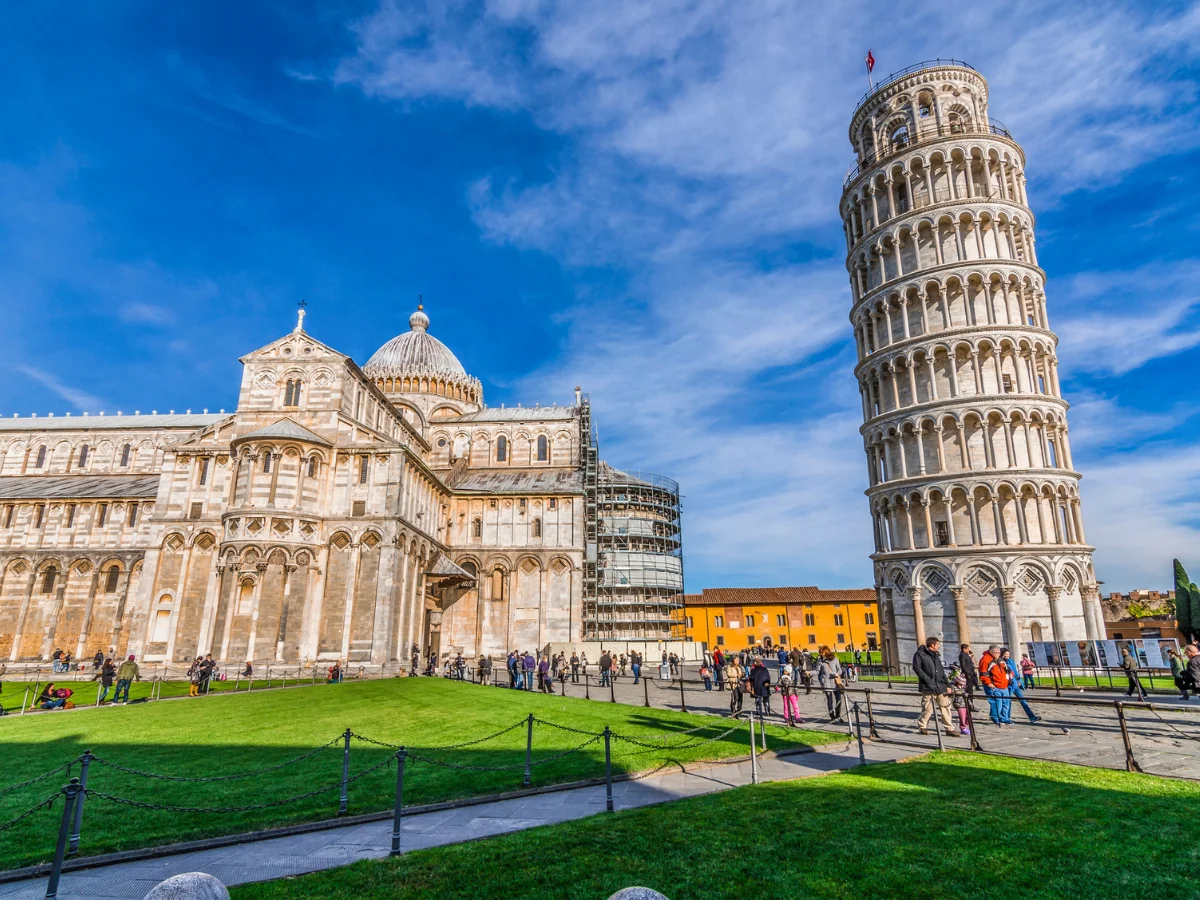Lucretius championed Epicurean philosophy
Lucretius championed Epicurean philosophy through his seminal work “De Rerum Natura.” His poem, advocating for a materialistic worldview and the pursuit of pleasure, challenged traditional Roman beliefs. Despite his relatively obscure life, Lucretius’s impact on Western thought is profound. His emphasis on atomism and the rejection of superstition foreshadowed later scientific advancements. In modern times, scholars and readers alike appreciate his eloquent style and rational approach to understanding the natural world. Lucretius’s legacy endures, influencing thinkers from the Enlightenment to the present day.

Ancient Rome: Lucretius championed Epicurean philosophy
Background and Early Life
Lucretius, born Titus Lucretius Carus, lived during the first century BC in Ancient Rome. Little is known about his personal life, but he likely belonged to a wealthy and educated family.
Epicurean Philosophy
Lucretius was a proponent of Epicureanism, a philosophical school founded by the Greek thinker Epicurus. Epicureans advocated for a life free from fear and superstition, emphasizing the pursuit of pleasure and tranquility.
“De Rerum Natura”
Lucretius’s magnum opus is “De Rerum Natura” (On the Nature of Things), a six-book didactic poem expounding Epicurean philosophy. In it, he discusses the nature of the universe, the existence of gods, and the principles of atomic physics.
Atomic Theory and Materialism
Central to Lucretius’s philosophy is the concept of atomism, borrowed from the Greek philosopher Democritus. He argued that everything is composed of indivisible particles called atoms, constantly moving and interacting in the void.
Critique of Religion and Superstition
Lucretius challenged traditional Roman religious beliefs and superstitions in “De Rerum Natura,” advocating for a rational understanding of the natural world. He argued against the fear of death and divine intervention, promoting a more secular worldview.
Literary Style and Influence
Lucretius’s poem is characterized by its eloquence and vivid imagery, making complex philosophical concepts accessible to a wider audience. Despite initial skepticism, “De Rerum Natura” gained popularity and influenced later poets and thinkers.
Legacy and Reception
While Lucretius’s life may have been obscure, his impact on Western thought is profound. His defense of materialism and scientific inquiry foreshadowed the Enlightenment, inspiring intellectuals like Galileo and Descartes.
Modern Appreciation
In recent centuries, Lucretius has experienced a resurgence of interest among scholars and readers. His emphasis on empirical observation and rejection of supernatural explanations resonates with contemporary audiences.
Conclusion
Lucretius, the revolutionary philosopher-poet of Ancient Rome, challenged conventional wisdom and laid the groundwork for scientific inquiry. His “De Rerum Natura” remains a testament to his enduring influence on the evolution of human thought.



